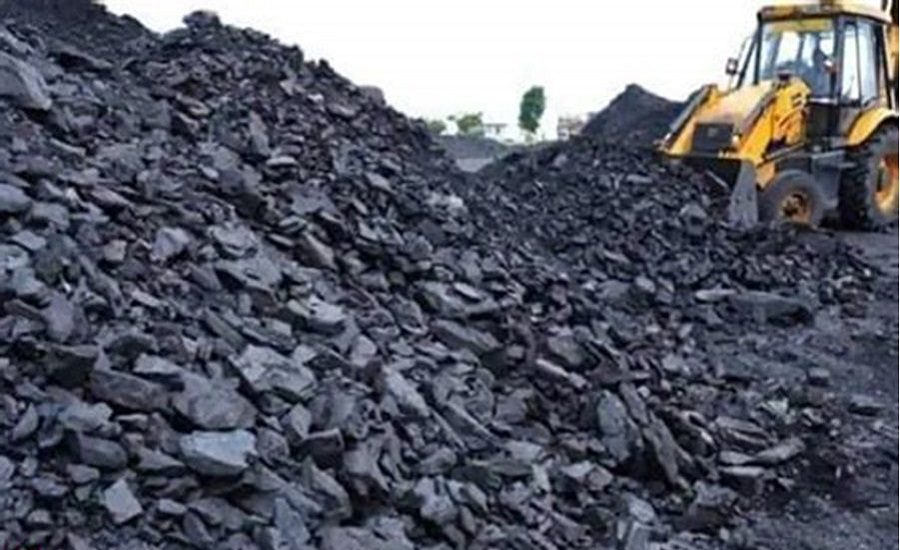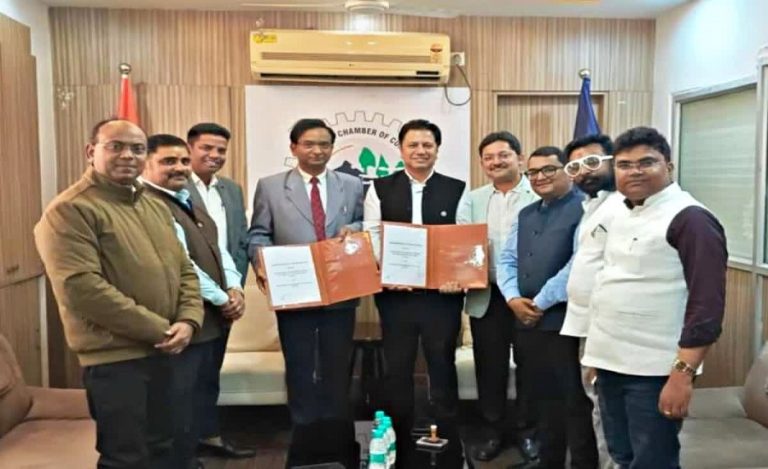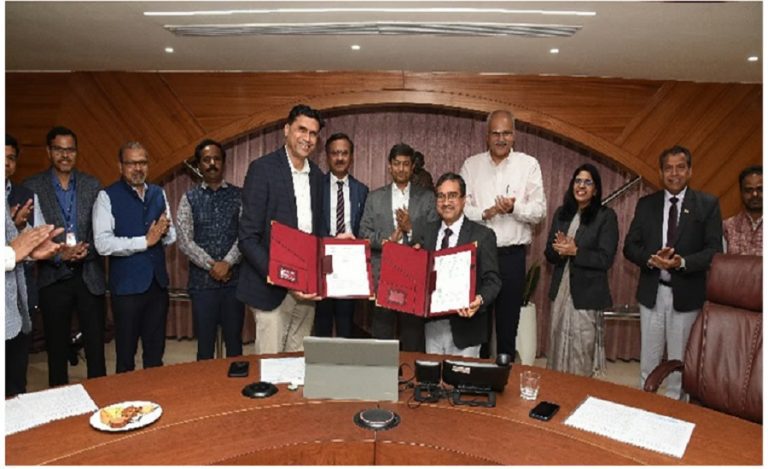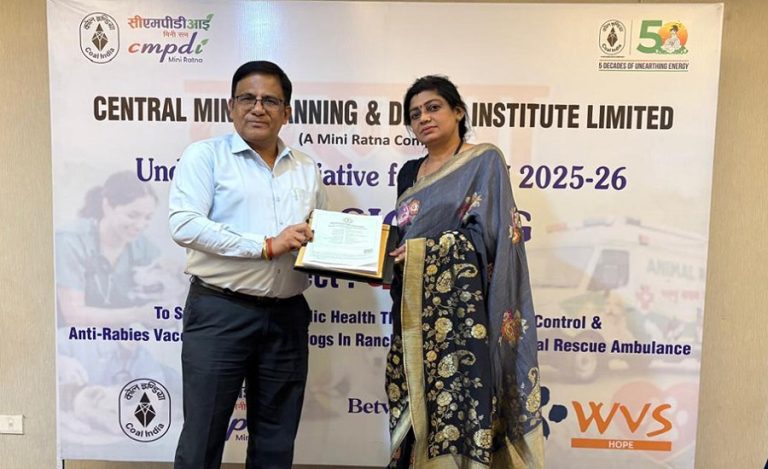New Delhi: The Ministry of Coal (MoC) of India has taken a significant leap forward by initiating the 14th round of commercial coal-mine auctions, deepening the liberalised regime for coal mining in India. The auctions are being conducted through the dedicated digital portals — KOYLA SHAKTI Portal and CLAMP Portal — which aim to streamline transparency, participation and ease-of-doing-business.
Highlights of 14th Commercial Coal Mine Auctions
The 14th Commercial Coal Mine Auctions leverages the KOYLA SHAKTI and CLAMP portals for bidding, allocation and monitoring — ensuring end-to-end digital processing of coal-mine auctions.
This round offers a fresh tranche of coal blocks mapped across key states (Jharkhand, Chhattisgarh, Odisha, Madhya Pradesh, Andhra Pradesh etc.), under both the Coal Mines (Special Provisions) Act, 2015 (CMSP) and the Mines & Minerals (Development and Regulation) Act, 1957 (MMDR) frameworks.
It reduces upfront payment, adjustment of upfront amount against royalty, liberal efficiency parameters, 100% FDI allowed.
The ministry emphasises that successful bidders are expected to begin production ahead of schedule to gain incentives, while environmental clearances (EC) and forest clearances (FC) bottlenecks are being proactively addressed.
Cleaner coal-technologies such as underground coal gasification (UCG) are flagged as part of the roadmap — noting that about 370 billion tonnes of deeper reserves remain untapped by conventional mining.
Why This Matters: Strategic Implications
1. Energy-Security Boost: India, as the world’s second-largest coal consumer, faces rising energy demand. These auctions directly feed into increasing domestic output and reducing imports.
2. Investment Opportunity: With liberal terms and digital portals, private investors (both domestic and foreign) get a clearer entry path into coal mining.
3. Job & Economy Impact: Past rounds already generated hundreds of thousands of jobs; this round expands that potential further, especially in coal-rich states.
4. Ease of Business & Transparency: Digital bidding via KOYLA SHAKTI & CLAMP brings transparency, lowers entry barriers and aligns with a reformist agenda.
5. Clean-Mining Edge: Highlighting UCG and environmental compliance signals the ministry’s move towards more sustainable mining practices.
6. Regional Uplift: States hosting freeing blocks will get infrastructure push, employment, logistics improvement — helping regional development.
Importance of This Move
This move comes as part of the government’s vision under “Atmanirbhar Bharat” to ramp up domestic coal production, reduce dependence on imports and deliver energy security.
Read Also: SECL’s 12 Coal Mining Projects Delay Due to Green Clearances and Land Issues Amid Rising Demand
Since the first commercial coal-mine auctions were launched in June 2020, India’s policy environment has shifted from captive-use mining to truly commercial mining, allowing 100% FDI via automatic route, liberal upfront payment norms, revenue-share models linked to the National Coal Index and a two-stage online bidding process.
Earlier rounds (e.g., the 13th round) saw 14 blocks offered across major coal-bearing states and attracted investments of around ₹41,600 crore, generating more than 3.5 lakh jobs. The 14th round therefore builds on this momentum and signals the government’s resolve to accelerate operationalisation of mines, improve logistics and fast-track clearances.
What to Watch: Implementation & Risks
Execution speed: Blocks need to be operationalised swiftly; delays can reduce the intended benefit.
Clearance & logistics bottlenecks: Even with digital portals, on-ground environmental, forest, rail/road connectivity issues may persist.
Participation levels: Auction success depends on strong bidder turnout with credible investment plans — earlier rounds saw weak response in some blocks.
Sustainability & CSR: Mining must respect local communities, environment and rehabilitation norms; these factors will influence long-term success.
Global coal trends: With the global shift towards renewables, coal-sector firms must adapt to cleaner technologies to avoid stranded assets.




























